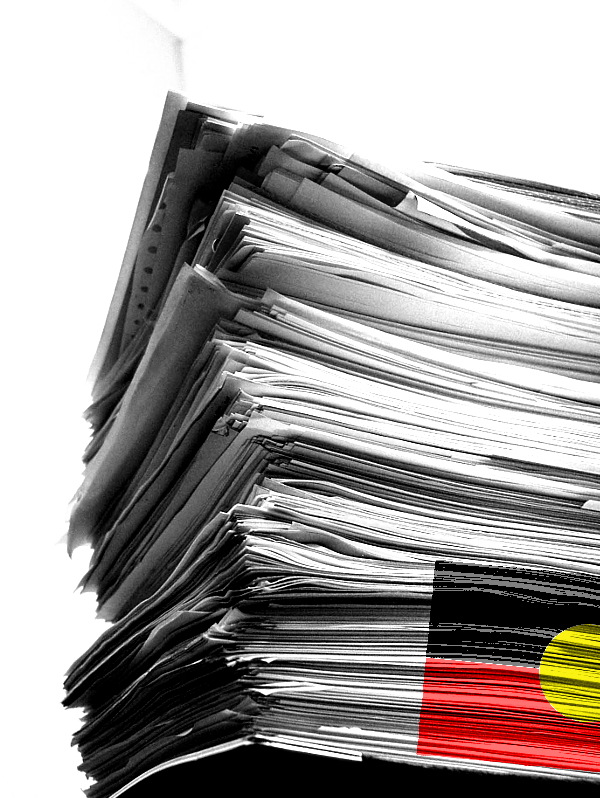Gap goals going slowly
 Some “deeply troubling” trends have appeared in the first Closing the Gap report since the Indigenous voice referendum defeat.
Some “deeply troubling” trends have appeared in the first Closing the Gap report since the Indigenous voice referendum defeat.
The latest Closing the Gap report shows significant regressions in the rates of imprisonment, suicide, and children being placed in out-of-home care among Indigenous Australians.
Senator Malarndirri McCarthy, the newly appointed Minister for Indigenous Australians, has described the data as “deeply troubling”," and called for a bipartisan approach to foster positive change.
The report by the Productivity Commission monitors 19 measures aimed at closing the gap between Indigenous and non-Indigenous Australians.
Disturbingly, only five of these measures are currently on track - healthy birth weights for babies, employment rates, preschool enrolment, and land and sea rights.
One area of concern is life expectancy.
Despite some improvements, Indigenous Australians are still trailing behind their non-Indigenous counterparts.
Men born between 2020 and 2022 have a life expectancy of 71.9 years, and women 75.6 years, compared to 81.2 years and 85.3 years for non-Indigenous men and women respectively. The 2031 target for closing this gap appears unlikely to be met.
In education, the number of Indigenous people aged 20-24 who have completed 12 years of schooling or equivalent training stands at 68.1 per cent.
Meanwhile, 47 per cent of Indigenous Australians aged 25-34 have attained a tertiary qualification.
These figures show some improvement, but they are still off track for the 2031 targets.
The report highlights a rise in negative outcomes in several critical areas.
The number of Indigenous Australians in prison has increased from 2,151 per 100,000 adults in 2022 to 2,265 per 100,000 in 2023.
Additionally, the suicide rate has worsened, with 30 individuals per 100,000 taking their own lives in 2022, up from 27 in 2021.
The involvement of child protection services has also escalated, with 57 out of every 1,000 Indigenous children in out-of-home care in 2023.
Senator McCarthy stressed the need for a collaborative approach involving various stakeholders.
“I am determined to work in partnership with First Nations Australians, the Coalition of Peaks, and state and territory governments to bring about positive change,” she said.
McCarthy also emphasised the importance of reaching out to her parliamentary colleagues to seek a bipartisan approach to Indigenous affairs.
Catherine Liddle, co-convenor of the Coalition of Peaks, has echoed these sentiments, highlighting the disconnect between the services provided and the actual needs of Indigenous communities.
“There are still far too many non-Indigenous-operated service providers being funded to deliver to our people, and they are doing so without consideration for what we really need,” Liddle said.
For the first time, the report included an analysis of historical trends and the current socio-economic context to better understand the challenges ahead.
This approach aims to shed light on the complexities of improving outcomes for Indigenous Australians.
The Annual Data Compilation Report is available on the Productivity Commission website.








 Print
Print